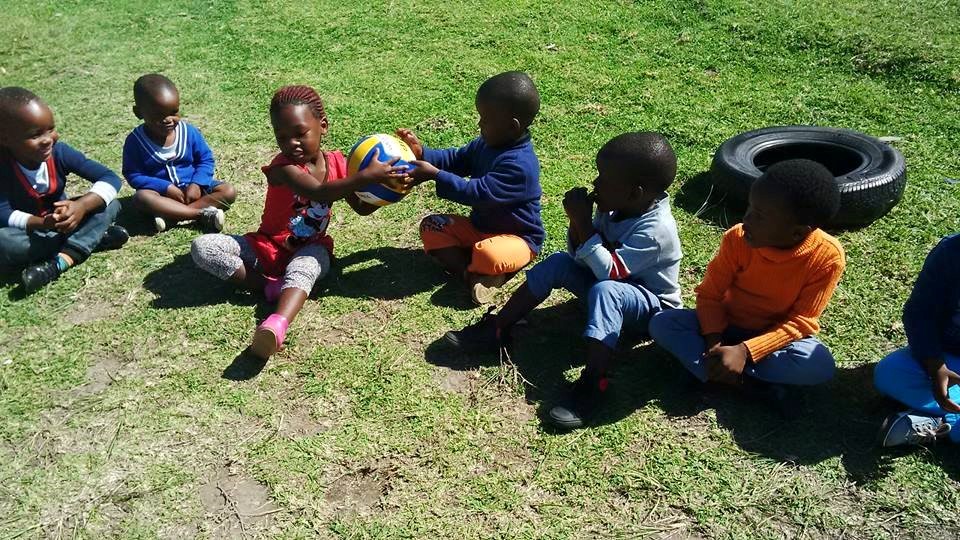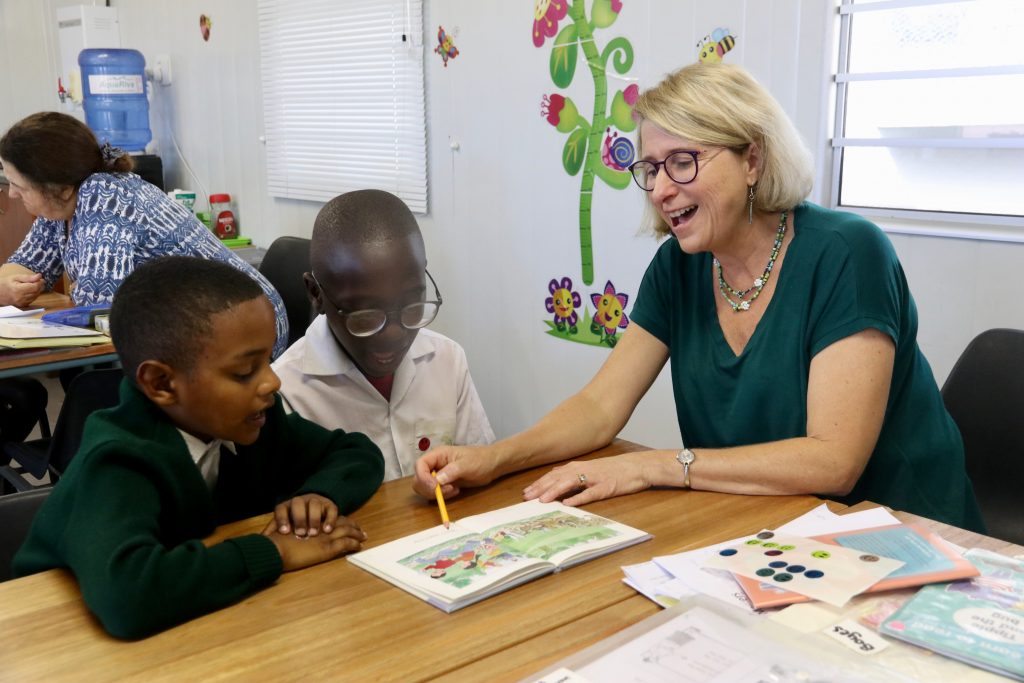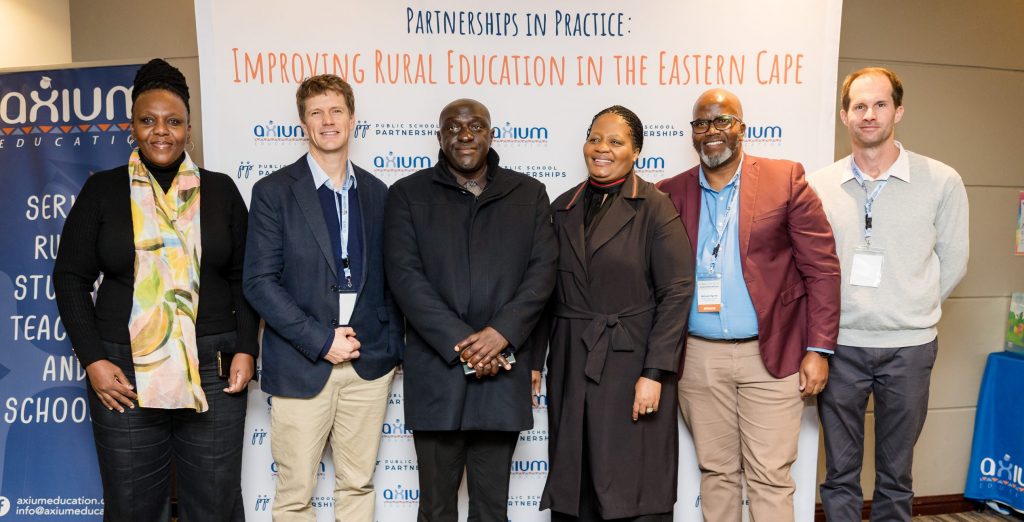It’s a myth that Montessori is exclusive
I was probably in my twenties studying in London when I heard of Montessori as a form of schooling; as tends to be the norm I associated Montessori education as the preserve of wealthy families. One of my friends went to a Montessori junior school and her family had an enormous house in Wimbledon so that kind of confirmed my thoughts on it.
Fast forward (quite) a few years and here I find myself in Coffee Bay seeing Dawn go off to study for her Montessori qualifications to bring back to the area and educate the community’s children. There are very few that manage to live their dreams, but I witnessed Dawn do just that!
As our founding and award-winning Principal, Dawn’s vision that Montessori methods could be used in this disadvantaged rural area of the former Transkei has proven itself over the last eight years. We now have a network of Montessori pre-schools and teachers, a partnership with First Children providing the second wave of formal teacher training and most importantly, children starting ‘big school’ well prepared, eager and excited to learn.
Maria Montessori, an Italian physician and educator, firstly worked with children with intellectual disabilities. When the results were on a par with typically developing children, she then had the opportunity to open her first “Children’s House” for the children living in Rome’s slums in the 1900s. Again Maria found success with these disadvantaged children proving her methods could be adapted and developed regardless of background or circumstance.
An Oasis found
Within Ikhaya Labantwana Montessori, there are two main aspects that differ from traditional teaching (where a teacher stands before the class and everyone does the same activity in an allocated time slot). Firstly, the learning materials themselves are quite specific and designed to further a child’s understanding of the world. Every piece of equipment in a Montessori classroom can isolate one concept for the child to learn and each contains a control of error that allows for the child to self-correct. Learning proceeds from there from concrete to abstract concepts.
Secondly, the individual self-directed nature of learning under a teacher’s guidance is very different to the traditional form of group teaching. The child’s self selection of an activity, repeated and active engagement in what they’re doing, freedom from interruption and tidying up after themselves is the Montessori norm and this is where we find the fit between Maria Montessori’s methods and our community’s needs.
So how does the Montessori method apply in an area dominated by unemployment, poor educational outcomes and barriers to accessing the most basic of services?
It is the self-directed learning within the Montessori method that correlates to the relative independence of the children here. Within local homes, children will often be responsible for looking after their younger siblings, or helping at home to collect firewood, water or start the cooking. The emphasis within Montessori is of physical and tactile equipment that encourages learning through real life activities; so even a little three year old who has just started, will learn to tidy up after themselves, wash the bowl they’ve eaten from and essentially self-regulate through the activities.
As these activities are taken from real-life experiences, the child often goes home with new skills that they then also use in the home. Some of the feedback we’ve received includes parents telling us they learnt something new from their child today, or how their child no longer wants help getting dressed for school because they can do it for themselves, or how their child came top of the class at ‘big school’ for English or Maths, thanks to Ikhaya Labantwana.



